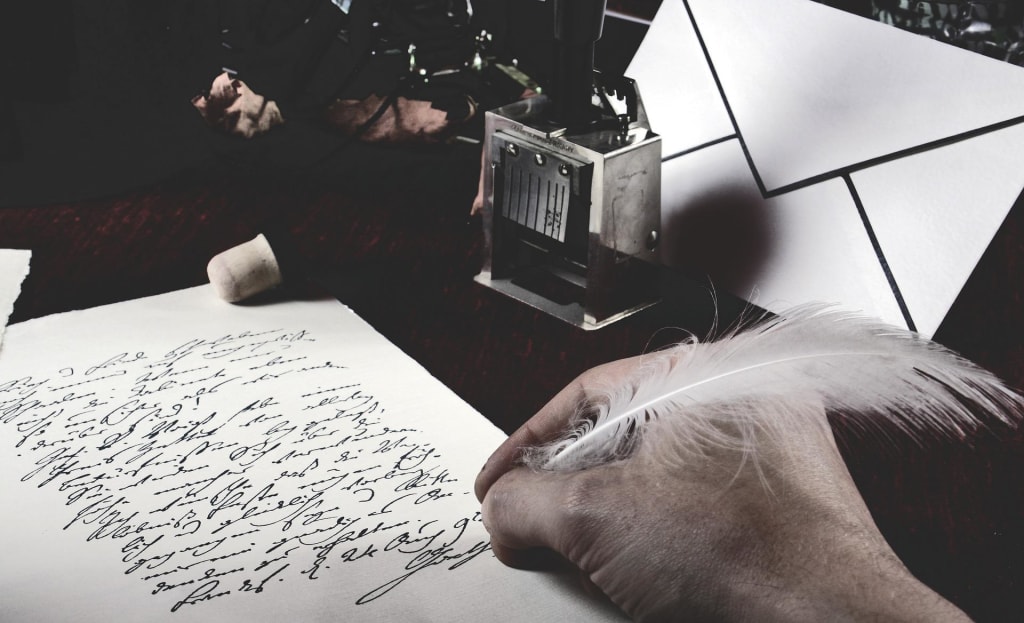
Young and strong city, than the divine
sea caresses, the vast and high sun,
to you who grow in opulence, vale!
To You, for your love, I bow! “
(From the sonnet “To the hometown” by Giosuè Borsi)
Giosuè Borsi (1888–1915) was born in Livorno, in the house in via degli inglesi. He owed his name to Carducci, a friend of his father. He studied at the Niccolini Guerrazzi high school and graduated in Pisa.
So he describes himself:
Black hair; brown eyes and long lashes, open nostrils; greedy mouth, grave voice, a word that resembles a straight bolt when it strikes the high bust; and the body that is dressed with perhaps too vain and foolish care.
He began to poetry early, with verses, needless to say, of Carducci inspiration. His father, Averardo, born in Castagneto Maremma, was one of the many writers who orbited around Carducci, the undisputed master of the time. He named his son Joshua in honor of his poet friend.
In a period of experimentation and avant-garde like that, Joshua’s position settled on traditional, classical, imitatory forms.
Voices
Who whispers like that? The wave of the sea today resembles a painful cry,
and it seems to cry and it seems
to say. — I will have no rest. Those who warble like this
That nightingale,
in the evening, he cries so much because he feels alone and as a companion he has the song.
Who murmurs like this?
They are the branches of a flowering tree: they know that in the world what is born dies, and the wind passes, listens and does not respond.
And this faint and peaceful song? Listen: — fiorin fiorello, I always sing as the cricket sings who every day invents a stornello!
And the heart is silent and listens to the panting, the song, the warbling, and the whispering … the earth, the sky, the sea complains … A sail is far away in the blue.
He wrote comedies, short stories for adults and children, but also critical and journalistic pieces. Under the pseudonym of Corallina, he was a chronicler and created pieces as a correspondent on the Messina earthquake and on the Venice art biennale.
He was elegant, much sought after in the salons, he led a dissolute life which he later regretted. He was successful as a connoisseur and fine speaker of Dante. But the death of his father and sister Laura threw him into despair, to the point that, when Laura’s beloved son died, Joshua attempted suicide.
Although he grew up in an anti-clerical and agnostic environment, the misfortunes of his life directed him towards Christianity. He became a Franciscan tertiary, that is, a lay person who is committed to living the spirit of St. Francis in the world.
Between 1912 and 13 he wrote “Le confessioni di Giulia”, dedicated to the woman he loved, understood in an angelic and Dante version.
He was an interventionist in World War I because he considered death in the field as the atonement for a life of sin.
A few days before his death, he wrote a letter to his mother, considered his highest literary moment.
“So everything is propitious to me”, he said, “everything smiles at me to make a happy and beautiful death, the time, the place, the season, the occasion, the age. I could not crown my life better. ”“ I am calm, perfectly serene and firmly determined to do all my duty to the last, as a strong and good soldier, unshakably sure of our inevitable victory. I am not quite as certain to see it alive, but this uncertainty, thank God, does not bother me at all, and it is not enough to make me tremble. I am happy to offer my life to the Fatherland, I am proud to spend it so well, and I do not know how to thank Providence for the honor it gives me. Don’t cry for me Mom, if it is written up there that I must die. Don’t cry, because you would cry over my happiness. Pray a lot for me because I need it. Have the courage to endure life until the end without losing heart; continue to be strong and energetic, as you have always been in all the storms of your life; and continue and be humble, pious, charitable, so that the peace of God may always be with you. Goodbye, mum, goodbye Gino, my dear, my beloved. “
He will succeed in his intent: he will die in an assault on Zagora. In his jacket, along with bloody medals, a photo of his mother and the Divine Comedy will be found.
The cultural association Giosuè Borsi was born in 2004 as a continuation of the group of the same name, active in Livorno since 1988, on the occasion of the first centenary of the poet’s birth. Initially it took care of keeping the relics of the fellow citizen, previously kept in a small museum, now closed. With the recognition of the Municipality of Livorno, it has the ethical custody of the Famedio di Montenero, which collects the remains and memories of the illustrious people of Livorno. The association, based in via delle Medaglie d’Oro 6, keeps alive the memory of Giosuè Borsi (1888–1915) and promotes conferences and studies on the history of the city and its forgotten characters. They publish the magazine “La Torre” every six months and have reprinted numerous works by Borsi.
The president of the association, Carlo Adorni, oversaw an anthology entitled “Homage to Giosuè Borsi” with a preface by the late Professor Loi, of which I have an admired memory as my history teacher. The anthology, published in 2007 by the publishing house “Il Quadrifoglio” and accompanied by beautiful photos, contains verses from various collections — including “Primus Fons” — some Dante interpretations — of which Borsi was passionate and fine speaker — the famous spiritual Testament, high example of religious writing, and “The Last Letter to the Mother”, his highest poetic moment.
As Loi evidences, Art, Country and Religion were the three Borsi’s inspiring motifs, even though he was not a “great wing” poet. After a life of pleasure, lived with a sense of guilt, after growing up in the shadow of Carducci’s ideals and paternal classicists, after craving for himself the love of the woman and the glory of the artist, Borsi had a profound spiritual conversion that brought him closer to Christianity. The spiritual testament is a confirmation of what he felt, despite his drinking existence, the vanity and weight of earthly things. The pain struck him, crossed him, prostrated him, with repeated and brutal blows: the death of his father, of his sister Laura and of the nephew born of the latter’s relationship with D’Annunzio’s son.
xBut in his sought after, coveted, desired death in battle, there is much decadence, the last Wildian or D’Annunzian brushstroke given to an artistic life, sublimated, however, and illuminated, by spirituality, by a search for Franciscan purity. Death is beautiful, is auspicious, because it consigns to glory, makes you legendary, redeems from sins and, nevertheless, in this death understood as a crowning rather than a renunciation, the Franciscan tertiary, the renunciate, disappears and the Nietzschean superman resurfaces.
“I leave transience, I leave sin, I leave the sad and heartfelt spectacle of the small and momentary triumphs of evil over good: I leave my humiliating body, the heavy weight of all my chains, and I fly away, free, finally free, up there in heaven where our father is, up there where his will is always done. “
About the Creator
Patrizia Poli
Patrizia Poli was born in Livorno in 1961. Writer of fiction and blogger, she published seven novels.






Comments
There are no comments for this story
Be the first to respond and start the conversation.